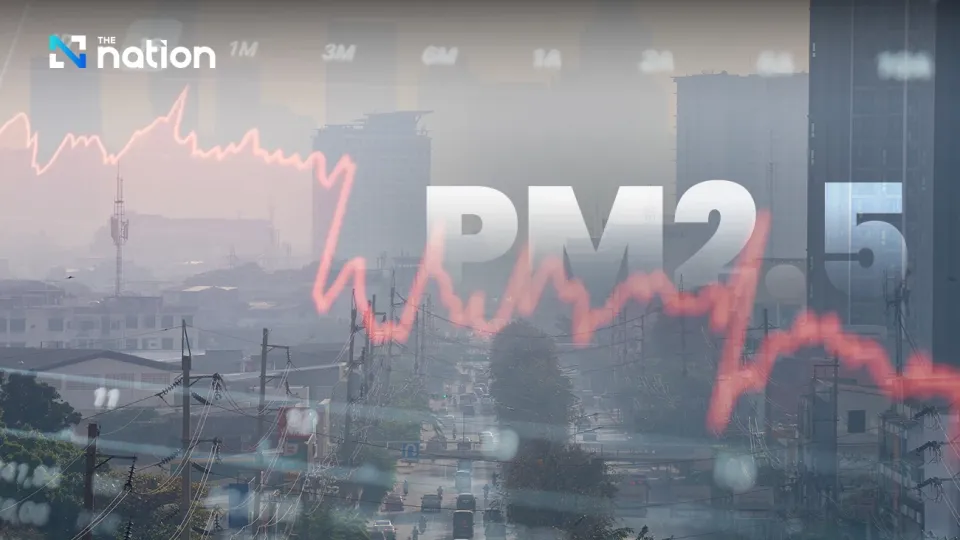January 24, 2025
BANGKOK – Kevalin Wangpichayasuk, KResearch’s deputy managing director, noted that the pollution has economic repercussions across various factors, including healthcare costs and tourism.
She raised concerns that health effects could reduce productivity and result in revenue losses for outdoor businesses. Additionally, household expenses are rising as people invest in facemasks and air purifiers.
“The economic impact depends on the severity of the pollution and people’s decisions,” she said.
Meanwhile, the Federation of Thai Industries (FTI) and Thai Chamber of Commerce (TCC) called on the government to address PM2.5 pollution more rigorously, highlighting its impact on the tourism sector. They noted that some travellers are opting for destinations with better air quality.
“The key issue is tackling the core causes, such as crop burning, which the government must address through strict law enforcement,” FTI chairman Kriengkrai Thiennukul said.
TCC vice chairman Wisit Limluecha suggested that Thailand seek ASEAN-wide cooperation to combat pollution in the long term. He also recommended studying measures implemented by other countries, such as the US, to address the issue more effectively.
PM2.5 pollution, like wildfires, is fast becoming a global disaster and the government should take it seriously, Wisit said.


